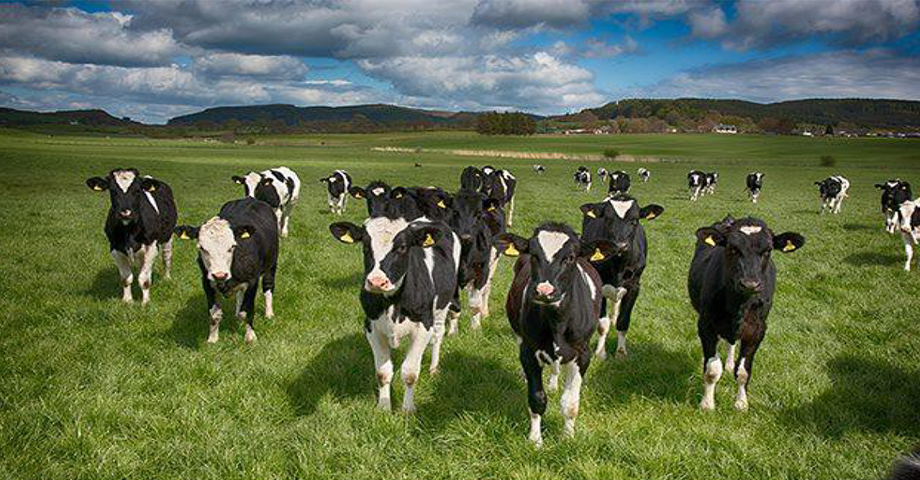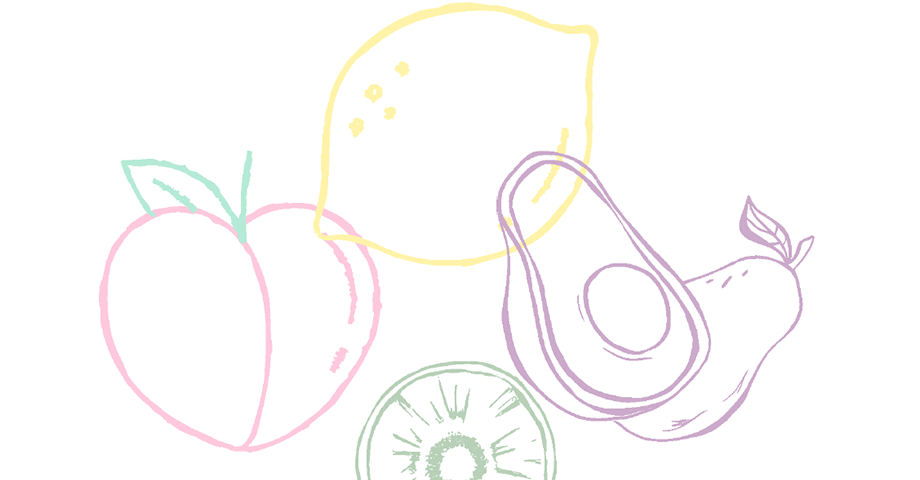
Executive Summary
Stress management is a learned skill. No one is born with it. We develop stress management skills either good or bad reactively out of our upbringings or life events. Positive stress management is seen as an important skill but there is still much room to proactively develop this in younger dairy staff. The way we handle stress can lead to growth or improved performance or, rarely but tragically at the other end of the range people in extreme distress can take their own lives.
There are now more farm suicides than there are accidental farm deaths. Between 2013 and 2018 104 people were killed in accidental farm deaths, compared to 122 by suicide. Rural males under the age of thirty are over-represented in the statistics. Maori and Cantabrians are also over-represented in the statistics as a whole.
There were three parts to this research project 1) a survey of dairy farmers 2) a literature review and 3) interviews with industry leaders, psychologists and counsellors.
The aim of this report is to provide the industry with a discussion document on the importance of developing positive stress management in young dairy workers.
The key findings of the survey for this report were:
- Medium correlation between female workers and loneliness
- Large correlation between loneliness and resilience
- No relationship between loneliness and living situation or relationship status
- Large significant relationship between loneliness and help-seeking
- Large significant relationship between loneliness, meaning and purpose
- Medium significant correlation between loneliness and increased alcohol use
- Over 40% of respondents use alcohol as a coping strategy
- Approximately 50% of respondents said they were sometimes or often
- Indication that 75% of people are relatively well educated about
- 45% of respondents stated they were extremely unlikely or unlikely to seek help from someone else if they were facing a personal or emotional
- 76% of respondents stated they were extremely unlikely or unlikely to tell their employer if they were facing personal or emotional
The key findings of the literature review and interviews with health professionals were:
- Rural areas need to be acknowledged by government as needing a specific focus
- Employers need to protect employee’s mental health. They may be liable under the Health and Safety at Work Act if they do
- Relationship problems account for 20% of stressors to suicide, compared to financial issues being 5%
- Adolescents undergo significant brain development, which can make them more emotional and prone to risk taking
- Current suicide demographic statistics follow a similar “pattern of inequalities in the broader determinants of health, such as socioeconomic status, ethnicity, gender, age and geographical (Minister of Health 2000)”1
- Dairy industry culture could do more to encourage positive stress management in younger staff
- There is an opportunity for rural leaders and employers to grow in emotional intelligence skills
The most important recommendation of this report is for individuals and managers to develop positive stress management skills in their own lives, and then role model this to young dairy workers.
Three other key recommendations were made by Dr Annette Beautrais (psychologist and researcher into rural suicide)
- Central farm armoury
Firearms are used as a method of suicide in 40% of rural suicides compared to 8% in the general population. Individual farm health and safety policy should store firearms in a central secure location (e.g. at a manager’s house). Holders of firearms licenses can then access firearms for a defined period only after an interview and approval by an appropriately trained manager, that knows the individual.
- Gatekeeper / First responder training
Young people under extreme distress will often not seek help themselves. Gatekeeper training should be seen as a necessary measure by employers. These programmes are available now and being used by other industries.
- Develop a self-care plan with staff
Gatekeeper trained staff can facilitate specific individual “self-care” plans with staff.
Other recommendations include 1) developing a rural mentoring scheme, and 2) emotional intelligence training for managers.
Download and read the full report here




